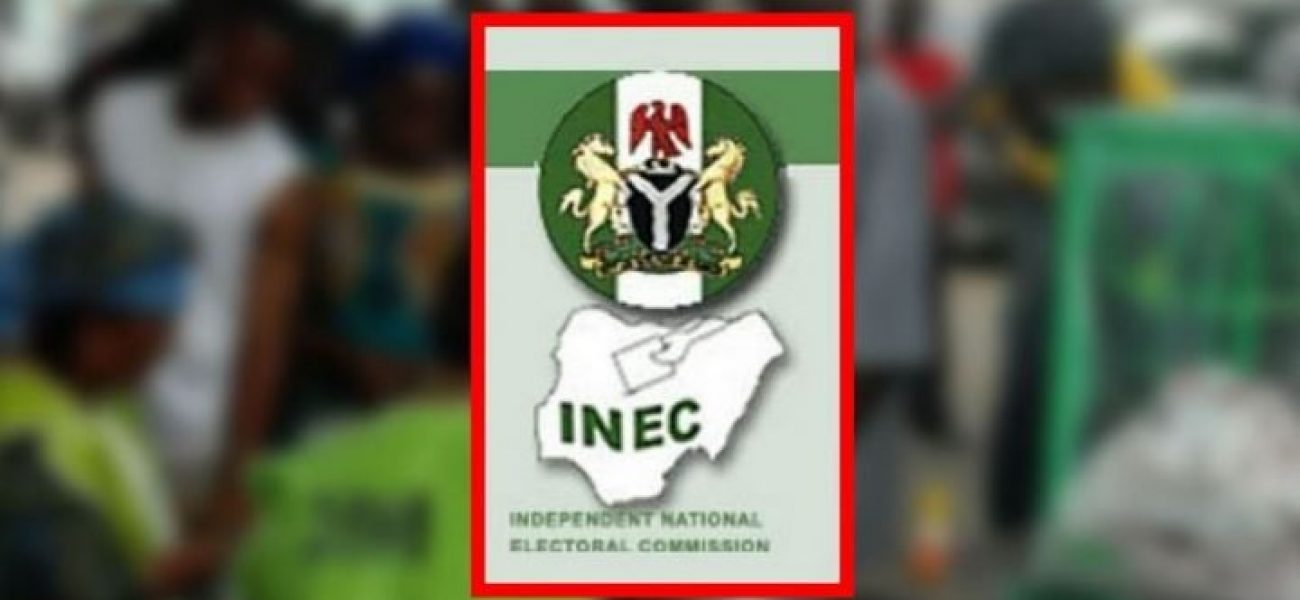Election security is a defining factor of Nigeria’s electoral process, as elections have continued to be characterised by brazen acts of violence. Civil Society has criticised the involvement of the military in elections and repeatedly called on the Independent National Electoral Commission (INEC) to take the lead in the deployment of security agents for election duty, according to the provision of section 29(3) of the Electoral Act 2010 (as amended), which empowers INEC to request for deployment of security personnel in a manner it so determines, in conjunction with security agencies. INEC’s release of the Code of Conduct and Rules of Engagement for Security Officials on Electoral Duty seems to be a step in the right direction. On Wednesday, June 24, the Commission announced the release of the document, following its consideration of a report from the Inter-Agency Consultative Committee on Election Security (ICCES), which approved the document. This would be the fourth policy document to guide the conduct of elections released by the Commission since the outbreak of the COVID-19 pandemic. INEC is empowered to make rules to guide the conduct of elections pursuant to section 160 of the Constitution of the Federal Republic of Nigeria 1999 (as amended) and section 153 of the Electoral Act 2010 (as amended).
The Code of Conduct and Rules of Engagement for Security Officials on Electoral Duty is to serve as a uniform standard of conduct to guide the behaviour of all security agents from various agencies involved in election duty. Prior to the release of this harmonised policy for all member agencies of the ICCES, security agencies involved in election duty implemented their respective codes of conduct for their personnel. The document is divided into two parts: (i) Code of Conduct (ii) Rules of Engagement.
The scope of the electoral duties includes activities related to elections, as established by INEC, such as voting, collation of results, political campaigns and rallies. The mandate of ICCES is to secure the electoral process by ensuring safety of persons and properties, enforcing the provisions of the Nigerian Constitution, electoral and other relevant laws, as well as crowd control at political conventions and rallies. Security agents are expected to carry out these responsibilities in accordance with extant laws and standard practices, particularly fundamental human rights, rules of their respective agencies, the Electoral Act 2010 (as amended), INEC regulations, manuals and guidelines, charters and protocols of the United Nations and the Economic Community of West African States (ECOWAS). Security agents on election duty are expected to carry this Code of Conduct with them at all times.
The Standard Operational Guidelines contained in the document require that all deployment of security personnel in electoral activities must be guided by the provision of section 29(3) of the Electoral Act 2010. It further stipulates that security officials on election duty ensure efficiency, prevent abuse of human rights and misuse of power, mitigate criminal and administrative liabilities in their conduct. Interestingly, the general conduct required of security agents include but is not limited to receiving instructions from designated INEC officials and sharing information with authorised ICCES members, as well as being duty bound to assist those in need, particularly vulnerable persons. Security agents are also prohibited from using mobile phones while on duty or soliciting for food or other items. They are expected to remain at their duty posts until the completion of their duty or when they are properly relieved. Ad-hoc shifts are prohibited to prevent impersonation. Furthermore, the Code of Conduct specifically stipulates that all security personnel must observe and assist in enforcing the provisions of INEC’s Policy on the Conduct of Elections in the Context of COVID-19, in a professional, humane, polite and non-partisan manner.
The Code provides that a security officer must be designated for every escort duty, with the list of all persons, vehicles and name of the officer serving as escort commander made available to designated INEC officials. Contingency plans are also to be prepared in readiness of an unexpected incident. In the event of an unforeseen security situation, the escort team is expected to abort the exercise and inform the security home base and INEC immediately. Transportation of ballot boxes after voting and collation of results are critical phases of the electoral process where irregularities are most likely to occur. It is very important that these processes are adequately secured.
The Rules of Engagement, which are intended to guide the operations of the security agents, underscore the application of minimum and proportional force at all times. They state that reasonable efforts short of force shall be made to control situations, with resort to force only when the situation deteriorates and may lead to serious injury or loss of life. Open fire, a situation we have seen in elections in recent times, is also reserved as a last resort, which can only be used in extreme cases. Force may however be applied in order to protect citizens and their property, election officials and materials, observers and security agents, and never used as a punitive measure. The rules also provide procedures for making arrests and the procedure for handling exhibits. Compilation of reports of all incidents and important occurrences is also mandated by the rules.
The document appears very detailed, providing a standard for transparency and accountability, as it stipulates what is required of security personnel in the conduct of election duty, procedures to be followed and how to relate with members of the public. This is crucial in view of the fact that the Police is the lead security agency for election duty and the rising incidence of Police brutality and complicity in electoral offences.

